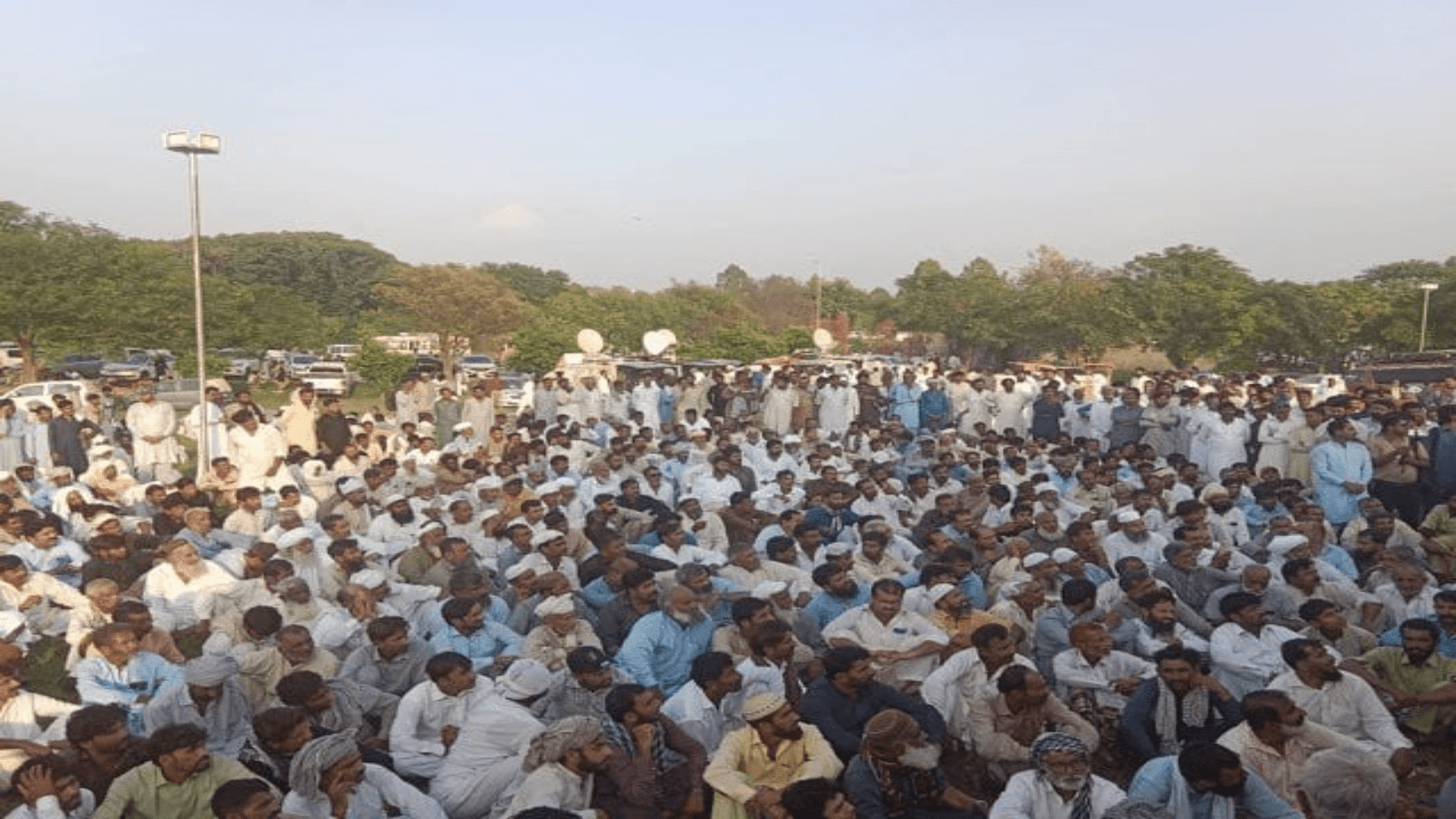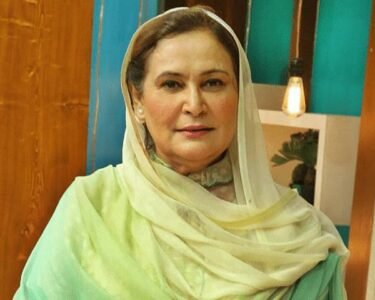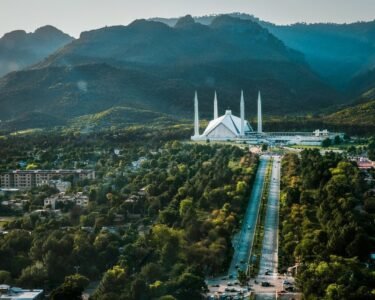LAHORE: Punjab police have initiated a series of arrests of farmers’ leaders across the province following their announcement of a protest scheduled to take place in front of the Punjab Assembly on Monday. The move comes amidst the escalating crisis surrounding wheat procurement in the region.
The Kisan Ittehad alliance, led by Vice President Sabir Niaz Kombuh, declared plans for a sit-in protest outside the Punjab Assembly today. The agitation stems from Punjab’s farmers’ dissatisfaction over the delayed purchase of wheat at the government-mandated price, exacerbated by inclement weather conditions in the province.
In the town of Pir Mahal, several farmers, including President Mumtaz Daulatana of the Kashtkar Foundation Punjab, have been apprehended by authorities. Additionally, reports indicate that numerous officials of the farmers’ union, including Central Vice President Sabir Niaz Kombuh, were arrested at various locations, including his residence in Aarifwala.
Read more: Besham Incident: TTP affiliate among four arrested confesses his Role in attack
Confirming the detentions, the Punjab Kisan Board Chairman, Mian Abdul Rashid, was also reportedly held in Lahore. The development comes as farmers from different cities converge on Lahore, prompting law enforcement to prepare several prison vans in anticipation of potential protests.
Furthermore, security measures have been escalated with the deployment of water cannons outside the Punjab Assembly, while police personnel have been stationed at the Motorway M-3 Interchange to impede farmers’ access to Lahore for the protest.
However, amidst growing tensions, Provincial Information Minister Azma Bukhari refuted claims of farmer representatives’ arrests. She asserted that the Punjab government maintains communication with authentic farmer representatives and accused certain individuals of leveraging the farmers’ cause for political ends. Bukhari cautioned against politicising the issue, attributing it to a particular party she deemed as the farmers’ “biggest enemy.”






